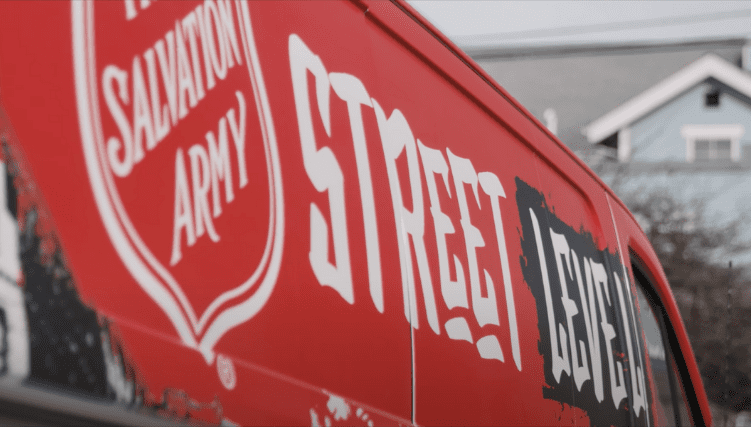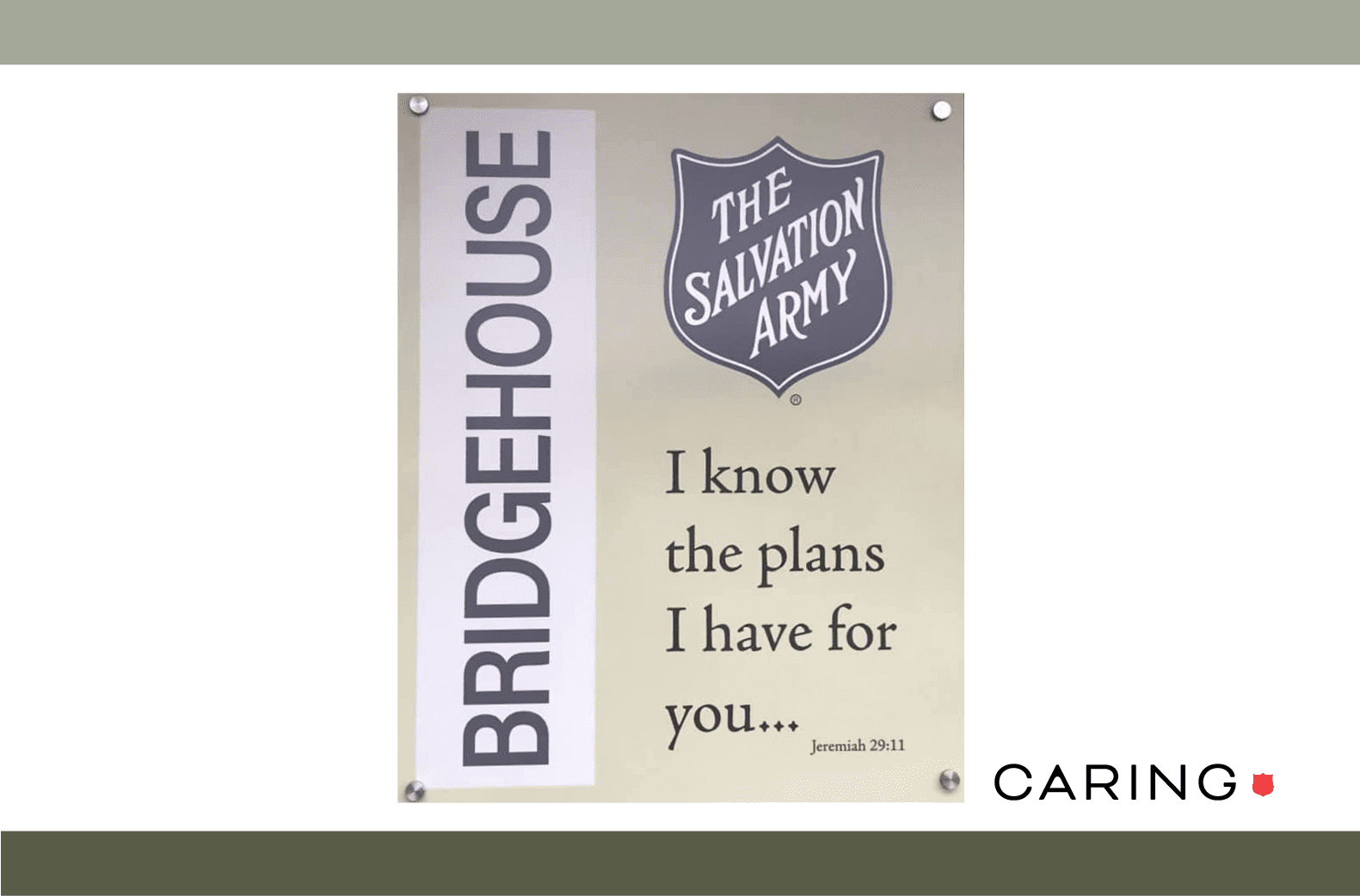Listen to this article
Listen to this article
Loading
Play
Pause
Options
0:00
-:--
1x
Playback Speed- 0.5
- 0.6
- 0.7
- 0.8
- 0.9
- 1
- 1.1
- 1.2
- 1.3
- 1.5
- 2
Audio Language
- English
- French
- German
- Italian
- Spanish
Open text
what to do when it feels like life is falling apart. i write to you having had “one of those days.” a day when the kids were wild, discontent, tired of “zoom school,” and showed no interest in expending energy outdoors. a day that mocked my efforts to multitask as i grew overwhelmed by my “to-do list” and felt closer to shutting down instead of pushing through. a day that earned me a c- in communication with my husband and partner in ministry as we “missed” each other’s meaning, disagreed and struggled with a schedule that kept us moving in different directions. a day where i felt quite unable to meet many expectations, despite great effort. a day where i successfully held back tears for a little while only to fall apart hours later at “just the right moment” (sarcasm intended). pardon my vulnerability. days like these are difficult. and now, having come through the tremendous strain of living life under the wet blanket of covid-19, adjusting all we do to accommodate its inconvenient and norm-shattering presence—i might hazard a guess you would agree: years like these are difficult. at the risk of sounding like a broken record: this has been a year like no other. many (most) of us have been challenged and pushed to the limits. relationships with friends, family, colleagues and superiors were taxed by expectation during a time no one has ever lived through—everyone’s expecting something from someone: show up, reach out, speak up, speak out, call more often, check-in, drop by (but don’t get too close), text/email/stay connected, back off/stop asking/give space, say thank you, lead better, show appreciation, be thoughtful (but don’t overthink it), stay 6-feet apart, wear a mask, be decisive, do better, be better…. no wonder i’m a mess. expectation does this ugly thing to us when we begin to realize that we can’t meet it for everyone, all of the time. since we’ve turned the vulnerability dial to a full 10, now might be a good time to disclose this fundamental truth: who i am is no surprise to jesus. who you are is no surprise to jesus. and if how we handle our inability to meet our own expectations, let alone the expectation of others, doesn’t reveal our real character—crisis, hardship and suffering of any kind will. so when i say, “jesus isn’t surprised about who you are,” what i mean is that he knows you: the good, the bad and the ugly. to be sure we understand the gravity of being known, we first need to agree about who jesus is. yes—wholly god and wholly man, but also co-equal person of our trinitarian god. the trinity shares in mutual submission to each other, the son deferring to the father who defers to the spirit who defers to the son, and so on, sharing in a beautiful, loving relationship, always showing preference to one another. meaning this: when we read psalm 139 when david (adulterer, murderer and king) bears his soul about being searched and known by god, and having his thoughts discerned from afar—we receive insight into the father’s character of knowing his creation through and through. nothing can be hidden. he knew david, yet still chose him and used him. when we read in john 1 that in the beginning (as in thee beginning), the word was with god, and the word was god… and all things were made through him, we receive insight into the interconnectedness of father/spirit/son from the very beginning of all time. this highlights the very depth and fullness of our being known—that it is not just the father, nor just the son, nor the holy spirit—but all three (in one) who are well acquainted with us. as i write in the wake of one difficult day among many, i remembered that holy week (the days leading up to jesus’ death and resurrection) was fast approaching. at this sudden realization, i felt one thing—not excitement, not a reprieve, not reassurance or hope. but shame. at first thought, i was shocked: why do i feel this way? suddenly, the narrative became condemning, accusatory and insidious: “geez, erin. a week away from easter and you’re falling apart, weak, easily angered, self-doubting and insecure.” the continuation of that narrative begging the question, “did jesus only die for the ‘put together’?”. now, i’ve done this dance with the devil enough times to recognize that any story he’s telling me is not so much worth calling a narrative, but rather a lie. and let’s be clear about this: anything the enemy ever tells you about yourself, even if it’s true, is always a lie. he is the father of lies. see, the enemy—his m.o., his sole way of operating is through condemning and accusing, pointing fingers and weaving shame around our head as though a crown to be worn, boasting our status as king or queen of absolute scorn and ruin. (what part of the easter story does that remind you of?). in seeing that my “condition”—my emotionality, weakness, anger, self-doubt, insecurity and so on—is no surprise to jesus, the question then becomes: what makes what he knows about me different than what the enemy knows about me? jesus is the difference. in cooperation with god, the holy spirit allows us to see who we are, then provides jesus as the solution. what a portrait of mutuality, submission and depth. over the enemy’s lies, his accusations, the twisted crown of shame we wear, carries the loving, accepting, comforting and compassionate voice of jesus that says: i know everything about you—and i still choose you. i know you yelled at your kids today. i know you felt indecisive. i know you feel like a bad leader. i know you’re struggling to keep up. i know what you said about that person. i know you’re insecure. i know it all. and i chose death for you. i took on your sin and shame, buried it and gave (and keeping giving) back to you resurrected and abundant life with me. i chose death so you could choose life. so keep choosing me. see, the difference is that jesus sees our weakness, and instead of pointing a finger and laughing, he invites us to come to him—to bring all of who we are (holding nothing back) and receive from him. sin, shame, separation, weakness—he wants it all. in fact, he likens life yoked with him in his kingdom as easy and light—free from the weight of unending expectation, the perfect place to learn from him and receive his rest. “come to me, all you who are weary and burdened, and i will give you rest. take my yoke upon you and learn from me, for i am gentle and humble in heart, and you will find rest for your souls. for my yoke is easy and my burden is light” (matt. 11:28-30 nrsv). further, jesus welcomes us to embrace our weakness and welcome hardship, that he might increase and strengthen us from within. he speaks his inherent, gracious nature into our very being: “my grace is sufficient for you, for power is made perfect in weakness.” so, i will boast all the more gladly of my weaknesses, so that the power of christ may dwell in me. therefore i am content with weaknesses, insults, hardships, persecutions, and calamities for the sake of christ; for whenever i am weak, then i am strong (2 cor. 12:9-10 nrsv). in the face of adversity and the adversary himself, i am reminded that god gave everything (and poured his spirit out) when he gave his son jesus to die for me. this isn’t old news, it’s good news, it’s needed news. jesus’ posture is only that of loving-kindness as he invites us to a relationship with him—deep relationship, to know him in his suffering and in glory, on “days like this” and during moments where we are truly thriving, at peace and content in this world. do good:. hear more from lt. erin wikle on episode 26 of the do gooders podcast: go backstage on songwriting in ministry. did you know the salvation army served more than 23 million americans last year fighting hunger, homelessness, substance abuse and more—all in a fight for good? where can you help? take our quiz to find your cause and learn how you can join in today. give to support the fight for good in your community.
Open context player
Close context player
Plays:-Audio plays count
what to do when it feels like life is falling apart. i write to you having had “one of those days.” a day when the kids were wild, discontent, tired of “zoom school,” and showed no interest in expending energy outdoors. a day that mocked my efforts to multitask as i grew overwhelmed by my “to-do list” and felt closer to shutting down instead of pushing through. a day that earned me a c- in communication with my husband and partner in ministry as we “missed” each other’s meaning, disagreed and struggled with a schedule that kept us moving in different directions. a day where i felt quite unable to meet many expectations, despite great effort. a day where i successfully held back tears for a little while only to fall apart hours later at “just the right moment” (sarcasm intended). pardon my vulnerability. days like these are difficult. and now, having come through the tremendous strain of living life under the wet blanket of covid-19, adjusting all we do to accommodate its inconvenient and norm-shattering presence—i might hazard a guess you would agree: years like these are difficult. at the risk of sounding like a broken record: this has been a year like no other. many (most) of us have been challenged and pushed to the limits. relationships with friends, family, colleagues and superiors were taxed by expectation during a time no one has ever lived through—everyone’s expecting something from someone: show up, reach out, speak up, speak out, call more often, check-in, drop by (but don’t get too close), text/email/stay connected, back off/stop asking/give space, say thank you, lead better, show appreciation, be thoughtful (but don’t overthink it), stay 6-feet apart, wear a mask, be decisive, do better, be better…. no wonder i’m a mess. expectation does this ugly thing to us when we begin to realize that we can’t meet it for everyone, all of the time. since we’ve turned the vulnerability dial to a full 10, now might be a good time to disclose this fundamental truth: who i am is no surprise to jesus. who you are is no surprise to jesus. and if how we handle our inability to meet our own expectations, let alone the expectation of others, doesn’t reveal our real character—crisis, hardship and suffering of any kind will. so when i say, “jesus isn’t surprised about who you are,” what i mean is that he knows you: the good, the bad and the ugly. to be sure we understand the gravity of being known, we first need to agree about who jesus is. yes—wholly god and wholly man, but also co-equal person of our trinitarian god. the trinity shares in mutual submission to each other, the son deferring to the father who defers to the spirit who defers to the son, and so on, sharing in a beautiful, loving relationship, always showing preference to one another. meaning this: when we read psalm 139 when david (adulterer, murderer and king) bears his soul about being searched and known by god, and having his thoughts discerned from afar—we receive insight into the father’s character of knowing his creation through and through. nothing can be hidden. he knew david, yet still chose him and used him. when we read in john 1 that in the beginning (as in thee beginning), the word was with god, and the word was god… and all things were made through him, we receive insight into the interconnectedness of father/spirit/son from the very beginning of all time. this highlights the very depth and fullness of our being known—that it is not just the father, nor just the son, nor the holy spirit—but all three (in one) who are well acquainted with us. as i write in the wake of one difficult day among many, i remembered that holy week (the days leading up to jesus’ death and resurrection) was fast approaching. at this sudden realization, i felt one thing—not excitement, not a reprieve, not reassurance or hope. but shame. at first thought, i was shocked: why do i feel this way? suddenly, the narrative became condemning, accusatory and insidious: “geez, erin. a week away from easter and you’re falling apart, weak, easily angered, self-doubting and insecure.” the continuation of that narrative begging the question, “did jesus only die for the ‘put together’?”. now, i’ve done this dance with the devil enough times to recognize that any story he’s telling me is not so much worth calling a narrative, but rather a lie. and let’s be clear about this: anything the enemy ever tells you about yourself, even if it’s true, is always a lie. he is the father of lies. see, the enemy—his m.o., his sole way of operating is through condemning and accusing, pointing fingers and weaving shame around our head as though a crown to be worn, boasting our status as king or queen of absolute scorn and ruin. (what part of the easter story does that remind you of?). in seeing that my “condition”—my emotionality, weakness, anger, self-doubt, insecurity and so on—is no surprise to jesus, the question then becomes: what makes what he knows about me different than what the enemy knows about me? jesus is the difference. in cooperation with god, the holy spirit allows us to see who we are, then provides jesus as the solution. what a portrait of mutuality, submission and depth. over the enemy’s lies, his accusations, the twisted crown of shame we wear, carries the loving, accepting, comforting and compassionate voice of jesus that says: i know everything about you—and i still choose you. i know you yelled at your kids today. i know you felt indecisive. i know you feel like a bad leader. i know you’re struggling to keep up. i know what you said about that person. i know you’re insecure. i know it all. and i chose death for you. i took on your sin and shame, buried it and gave (and keeping giving) back to you resurrected and abundant life with me. i chose death so you could choose life. so keep choosing me. see, the difference is that jesus sees our weakness, and instead of pointing a finger and laughing, he invites us to come to him—to bring all of who we are (holding nothing back) and receive from him. sin, shame, separation, weakness—he wants it all. in fact, he likens life yoked with him in his kingdom as easy and light—free from the weight of unending expectation, the perfect place to learn from him and receive his rest. “come to me, all you who are weary and burdened, and i will give you rest. take my yoke upon you and learn from me, for i am gentle and humble in heart, and you will find rest for your souls. for my yoke is easy and my burden is light” (matt. 11:28-30 nrsv). further, jesus welcomes us to embrace our weakness and welcome hardship, that he might increase and strengthen us from within. he speaks his inherent, gracious nature into our very being: “my grace is sufficient for you, for power is made perfect in weakness.” so, i will boast all the more gladly of my weaknesses, so that the power of christ may dwell in me. therefore i am content with weaknesses, insults, hardships, persecutions, and calamities for the sake of christ; for whenever i am weak, then i am strong (2 cor. 12:9-10 nrsv). in the face of adversity and the adversary himself, i am reminded that god gave everything (and poured his spirit out) when he gave his son jesus to die for me. this isn’t old news, it’s good news, it’s needed news. jesus’ posture is only that of loving-kindness as he invites us to a relationship with him—deep relationship, to know him in his suffering and in glory, on “days like this” and during moments where we are truly thriving, at peace and content in this world. do good:. hear more from lt. erin wikle on episode 26 of the do gooders podcast: go backstage on songwriting in ministry. did you know the salvation army served more than 23 million americans last year fighting hunger, homelessness, substance abuse and more—all in a fight for good? where can you help? take our quiz to find your cause and learn how you can join in today. give to support the fight for good in your community.
Listen to this article

















